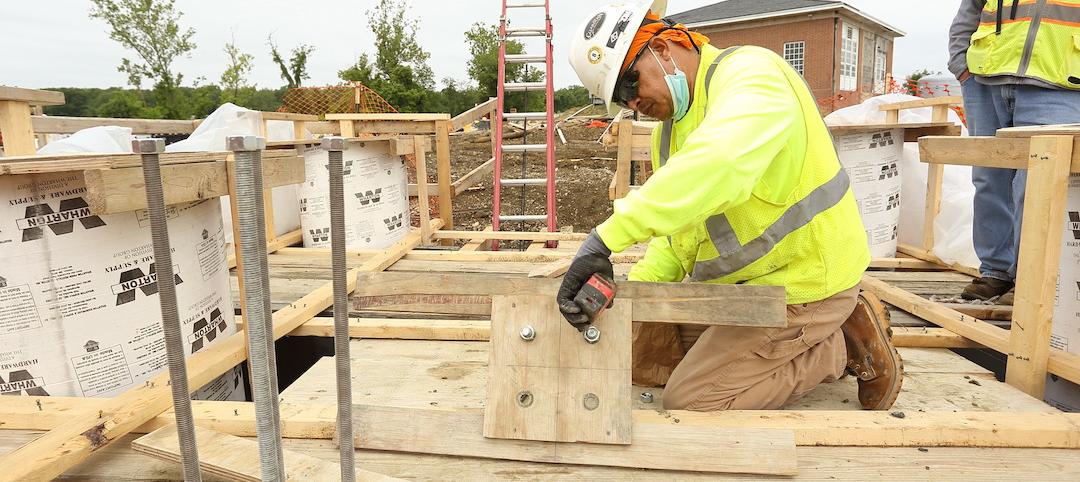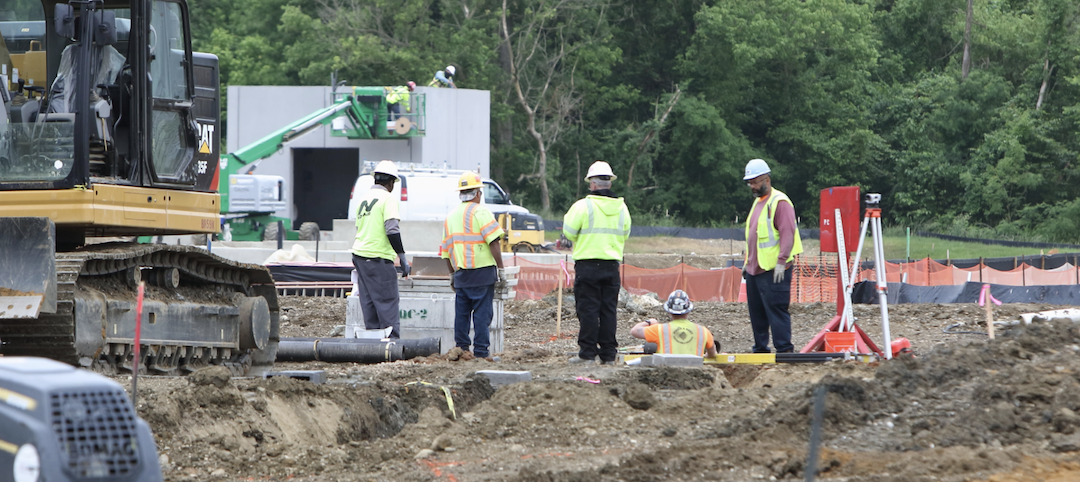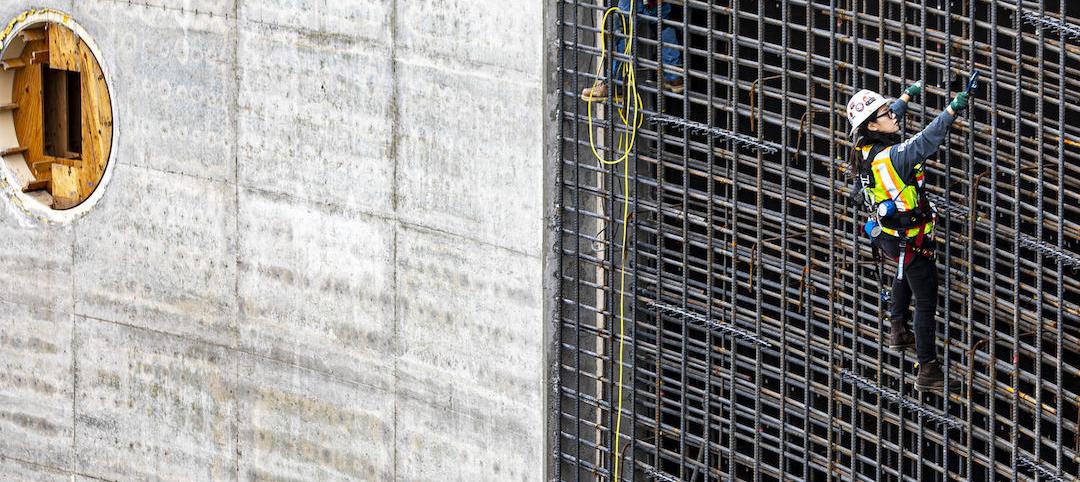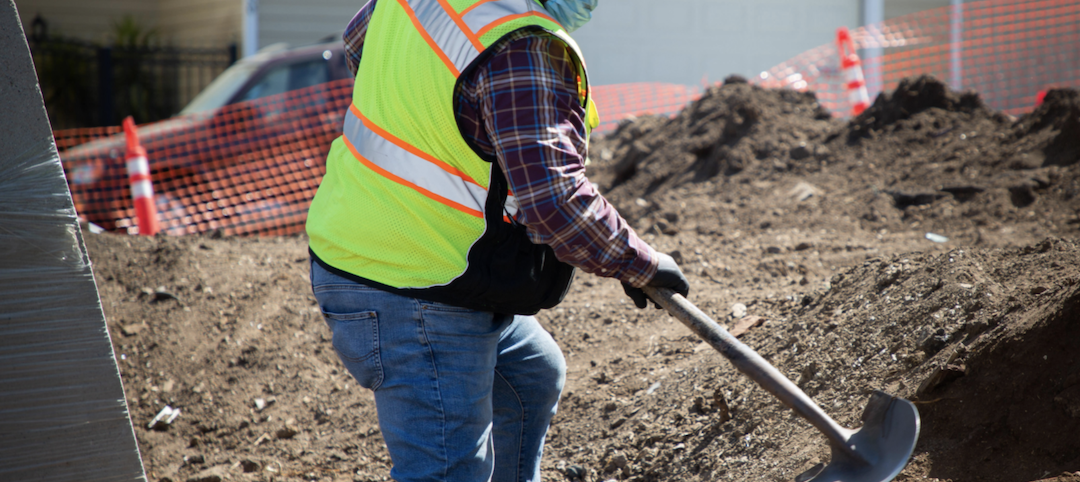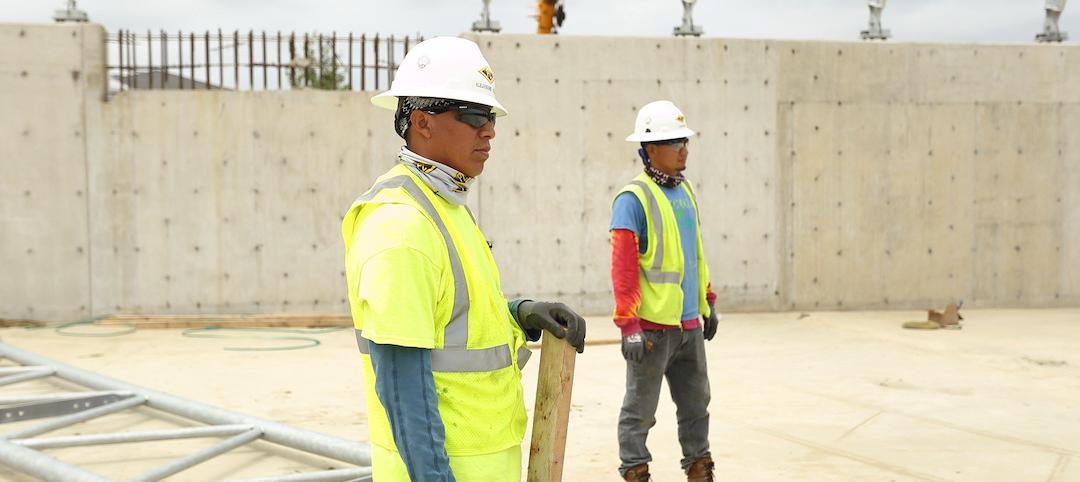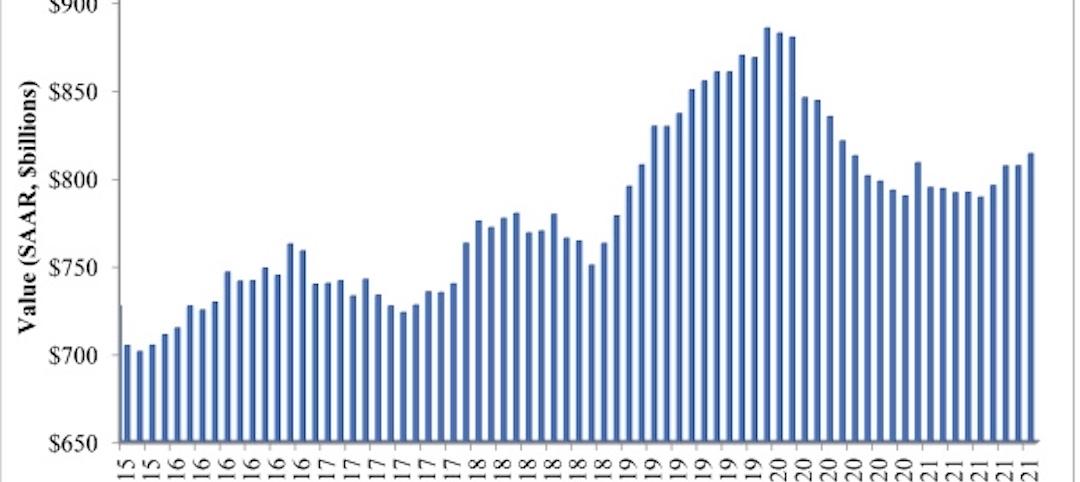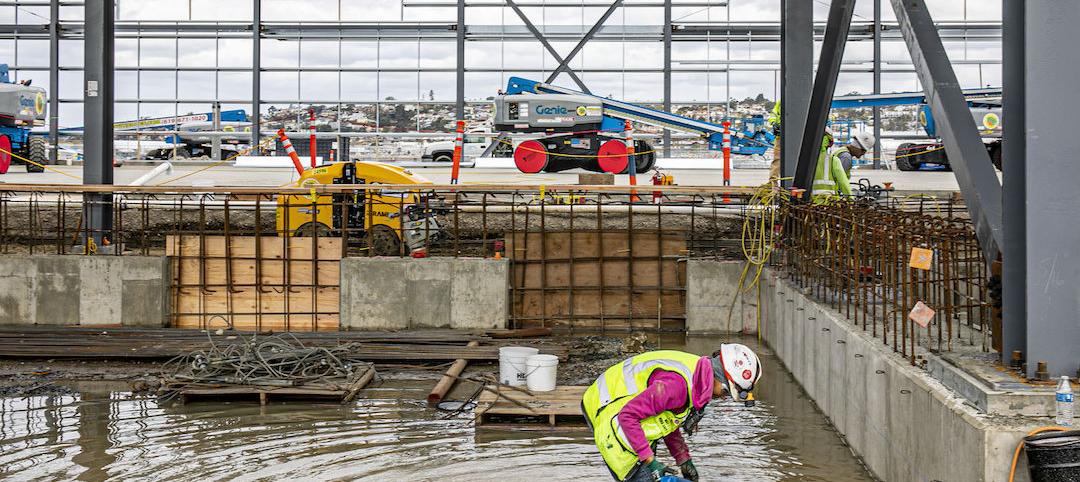In a recent White Paper prepared by GlobalData for INTERMAT ASEAN 2018 and Concrete Asia 2018, the region’s trade shows for construction, infrastructure, and concrete sectors, it was revealed that construction output in the member states of the Association of South-East Asian Nations (ASEAN) would expand by over 6% yearly on average during 2018–2022.
Danny Richards, GlobalData’s Lead Economist for Construction Industry says:
“The South-East Asia region continues to develop at a rapid pace, with economic growth projected to reach an annual average rate of 5.1% during 2018–2022, the fastest among all global regions, and an acceleration from the healthy rate of 4.8% recorded in the past five years. Much of this growth is being driven by investment in new infrastructure, while increasing domestic demand is driving the expansion in construction of buildings across the residential and non-residential sectors.
See Also: July architecture firm billings remain positive despite growth slowing
“Although there are disparities in the pace of growth in construction output among the ASEAN member states, the region’s construction industry as a whole will grow by 6.1% on an annual average basis in the next five years. This is marginally behind the projected growth of 6.5% in the thriving emerging markets in the Middle East and Africa, but the ASEAN region presents investors and developers with a lower level of risk of projects being put on hold or cancelled, according to GlobalData’s Construction Risk Index.
“Reforms to encourage Public Private Partnerships (PPPs) are almost universal across the ASEAN region. The Philippines, Myanmar, Laos and Vietnam have undergone reforms to create more accessible markets for private sector investment in construction through PPPs. Indonesia has undergone similar reforms, expanding the construction sectors eligible for PPPs and increasing incentives to invest. Land ownership is another area that is under reform. Once a notoriously difficult process, acquiring land in Indonesia is now much fairer and more transparent. Vietnam has also implemented an initiative in which foreign investors are allowed to acquire land and hold a majority stake in a commercial or residential project.
“According to GlobalData, the combined value of mega-projects (with a minimum value of US$25m) across ASEAN stands at US$2.9 trillion. This includes all projects from the announcement stage to execution. An analysis of the pipeline by stage reveals that the region provides huge opportunities with respect to a large volume of early stage projects. Just under US$1.5 trillion of projects are currently in the planning and pre-planning stages, suggesting significant construction spend is to occur for some time.”
Related Stories
Market Data | Jan 6, 2022
A new survey offers a snapshot of New York’s construction market
Anchin’s poll of 20 AEC clients finds a “growing optimism,” but also multiple pressure points.
Market Data | Jan 3, 2022
Construction spending in November increases from October and year ago
Construction spending in November totaled $1.63 trillion at a seasonally adjusted annual rate.
Market Data | Dec 22, 2021
Two out of three metro areas add construction jobs from November 2020 to November 2021
Construction employment increased in 237 or 66% of 358 metro areas over the last 12 months.
Market Data | Dec 17, 2021
Construction jobs exceed pre-pandemic level in 18 states and D.C.
Firms struggle to find qualified workers to keep up with demand.
Market Data | Dec 15, 2021
Widespread steep increases in materials costs in November outrun prices for construction projects
Construction officials say efforts to address supply chain challenges have been insufficient.
Market Data | Dec 15, 2021
Demand for design services continues to grow
Changing conditions could be on the horizon.
Market Data | Dec 5, 2021
Construction adds 31,000 jobs in November
Gains were in all segments, but the industry will need even more workers as demand accelerates.
Market Data | Dec 5, 2021
Construction spending rebounds in October
Growth in most public and private nonresidential types is offsetting the decline in residential work.
Market Data | Dec 5, 2021
Nonresidential construction spending increases nearly 1% in October
Spending was up on a monthly basis in 13 of the 16 nonresidential subcategories.
Market Data | Nov 30, 2021
Two-thirds of metro areas add construction jobs from October 2020 to October 2021
The pandemic and supply chain woes may limit gains.




